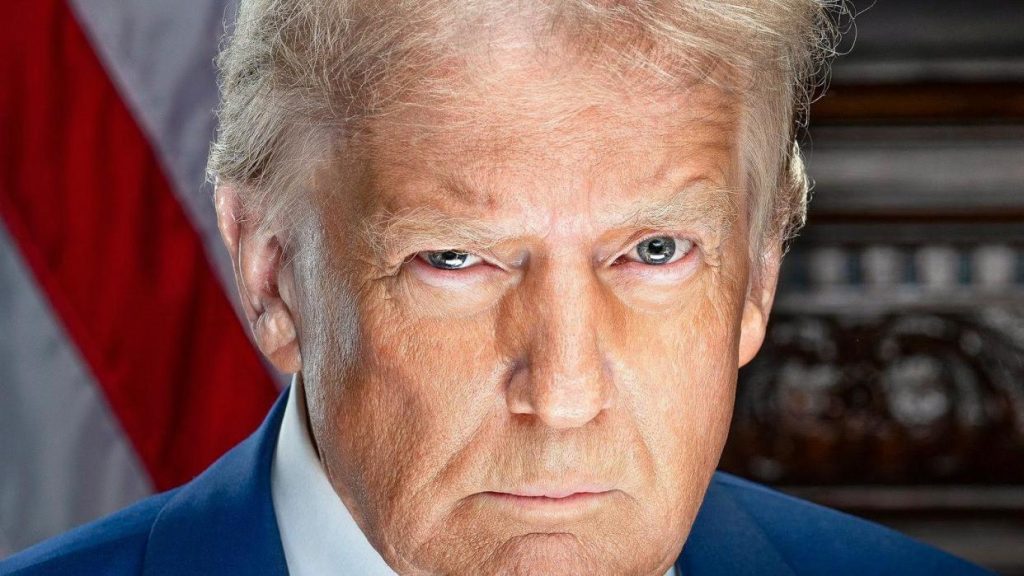US Presidential Inauguration: How Will Trump’s Administration Affect African Economies?
The United States of America will, on Monday, 20 January 2025, inaugurate President-elect Donald Trump Jr. as its 47th president. Following the swearing-in, the newly inaugurated president will proceed to the President’s Room in the US Capitol to take his first official actions, including signing nominations, executive orders, and proclamations to set the tone for his administration.

The United States of America will, on Monday, 20 January 2025, inaugurate President-elect Donald Trump Jr. as its 47th president. Following the swearing-in, the newly inaugurated president will proceed to the President’s Room in the US Capitol to take his first official actions, including signing nominations, executive orders, and proclamations to set the tone for his administration.
- US Protectionist Trade Measures
Donald Trump’s “America First” trade policies are characterised by protectionism, tariffs, and efforts to reshape international trade deals to benefit the U.S. His first term involved trade wars with China, the EU, Canada, and Mexico, and his second term is expected to continue along similar lines. These policies will impact African economies, including Nigeria, in several ways.
Firstly, there might be an escalation in trade tensions between the US and other countries, especially with China. If this happens, African countries like Nigeria could face indirect effects, particularly if trade wars disrupt global supply chains or energy markets.
Regarding US-Nigeria bilateral trade, Trump may push for more favourable terms for the US. This could lead to more trade deals but potentially tougher conditions for African countries. However, Nigeria’s oil exports and economic ties to the US could experience both benefits and risks, depending on global energy policies and the volatility of the oil market.
- The Russia-Ukraine Conflict and Wars in the Middle East
A Trump presidency may lead to a shift in how the US engages with the Russia-Ukraine war. Trump has previously shown a tendency to favour dialogue with Russia, so his stance might differ from Biden’s strong support for Ukraine. This could affect global stability, influencing Nigeria’s oil exports and foreign investments.
As for the Middle East, Trump’s approach is likely to remain highly transactional. If conflicts in the region escalate, oil prices could rise, benefiting oil-producing nations like Nigeria. However, instability could also disrupt global security dynamics, leading to market fluctuations and uncertainty.
- US Immigration Policies
Trump’s strict immigration policies could significantly impact African migrants, including Nigerians. The potential deportation of undocumented individuals and stricter visa requirements may result in a decline in remittances sent back to Nigeria. Additionally, an influx of returnees could exacerbate unemployment rates.
On the positive side, these policies might help reduce brain drain by encouraging skilled workers to stay or return to their home countries, fostering local economic growth.
Positioning for Change
African leaders must carefully position themselves to navigate the potential changes and shocks that may arise from Donald Trump’s second term as president. Preparing for these challenges will require proactive strategies to mitigate risks and seize opportunities.
- Expanded Trade Relationships
One essential step is to diversify diplomatic and trade relationships to reduce dependence on the United States. Expanding partnerships with other global powers, such as the European Union, China, and emerging markets, will foster a more balanced approach to international relations and trade.
- Strengthened Intra-African Trade
Additionally, African nations should focus on strengthening intra-African trade through the African Continental Free Trade Area (AfCFTA). By fostering stronger regional economic ties, countries can build resilience against external shocks and unlock the continent’s vast economic potential.
- Internal Reforms
Finally, prioritising internal reforms will be crucial. Efforts to stabilise economies, improve governance, and foster sustainable development will not only bolster individual nations but also enhance Africa’s collective bargaining power on the global stage.